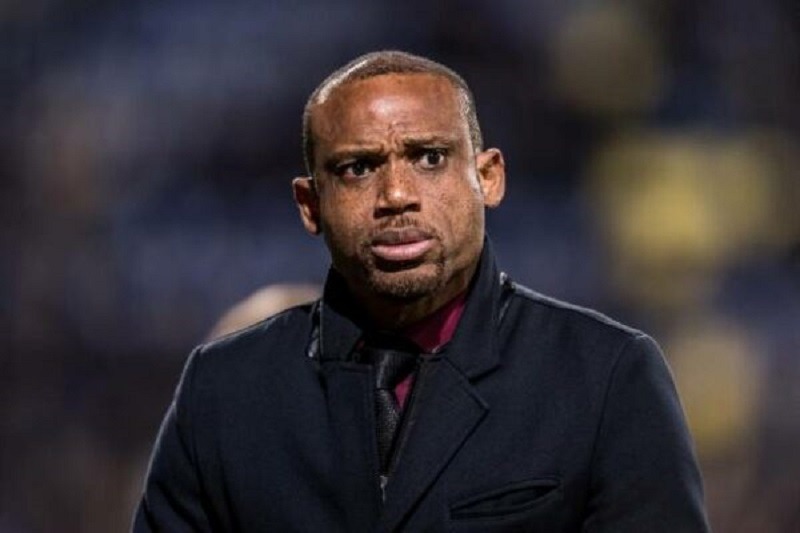Former Super Eagles captain Sunday Oliseh has called for improved pay and welfare for indigenous coaches of the senior national team, The Nation reports.
The issue of compensation disparity between local and foreign coaches has sparked concerns about the investment in local talent and Nigeria’s overall football development strategy.
Oliseh shared his views during his appearance on SuperSport’s Monday Night Football.
“Some might not like what I’m about to say, but when I was coaching the Super Eagles, my salary was N5m a month—equivalent to about $12,850 at that time,” Oliseh said.
“The late Stephen Keshi won the African Cup of Nations on the same pay. Yet, when we hire foreign coaches, we pay them $70,000 or $56,000, while our best indigenous coaches earn just $12,500. Then we wonder why they don’t perform?”
Oliseh also advocated for fairer treatment and recognition of home-grown coaches, pushing for a more sustainable and equitable future for the sport in Nigeria.
He also firmly stated that the iconic 1994 generation of players are not seeking to coach the national team out of entitlement but believes they are more than qualified to restore the three-time African champions to their former glory.
The 1994 Eagles, which included legends like Austin Eguavoen, Stephen Keshi, Samson Siasia, Oliseh himself, and Finidi George, have all previously held coaching roles for the senior national team.
Recently, there have been calls for the Nigeria Football Federation to consider options beyond the ’94 class for a long-term replacement for José Peseiro, who parted ways with the team after his contract expired in March.
Oliseh, who took over coaching duties from the late Stephen Keshi in 2015, voiced his support for Eguavoen, highlighting the urgent need for Nigeria to qualify for the 2026 World Cup.
“We are at risk of missing out on the World Cup again, and we’re not addressing it seriously. Are we going to glorify mediocrity?” he questioned.
He went on to recount the significance of the 1994 generation.
“The greatest generation ever to play for Nigeria is the 1994 set. I was an integral part of it, not just as a player but as a leader contributing to our victories. It’s painful to think anyone would contest the strength and integrity of our generation. It’s an insult; we deserve to be celebrated.”


